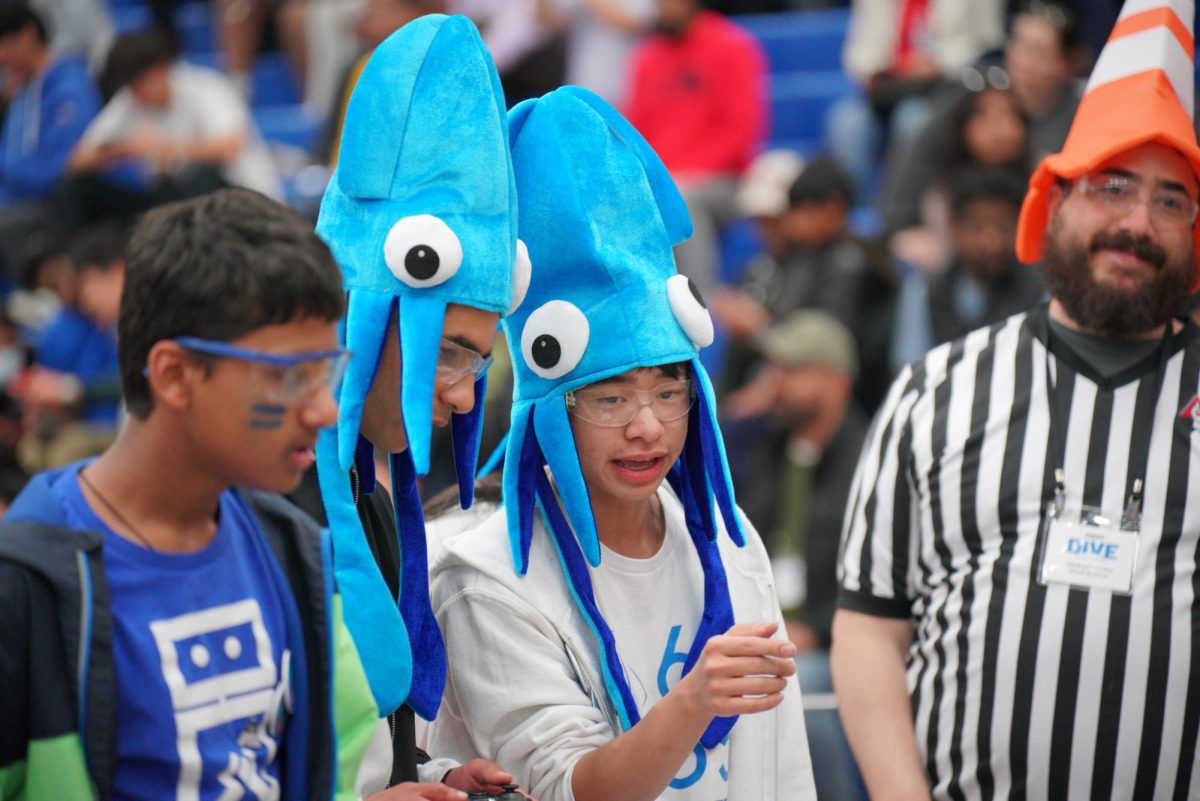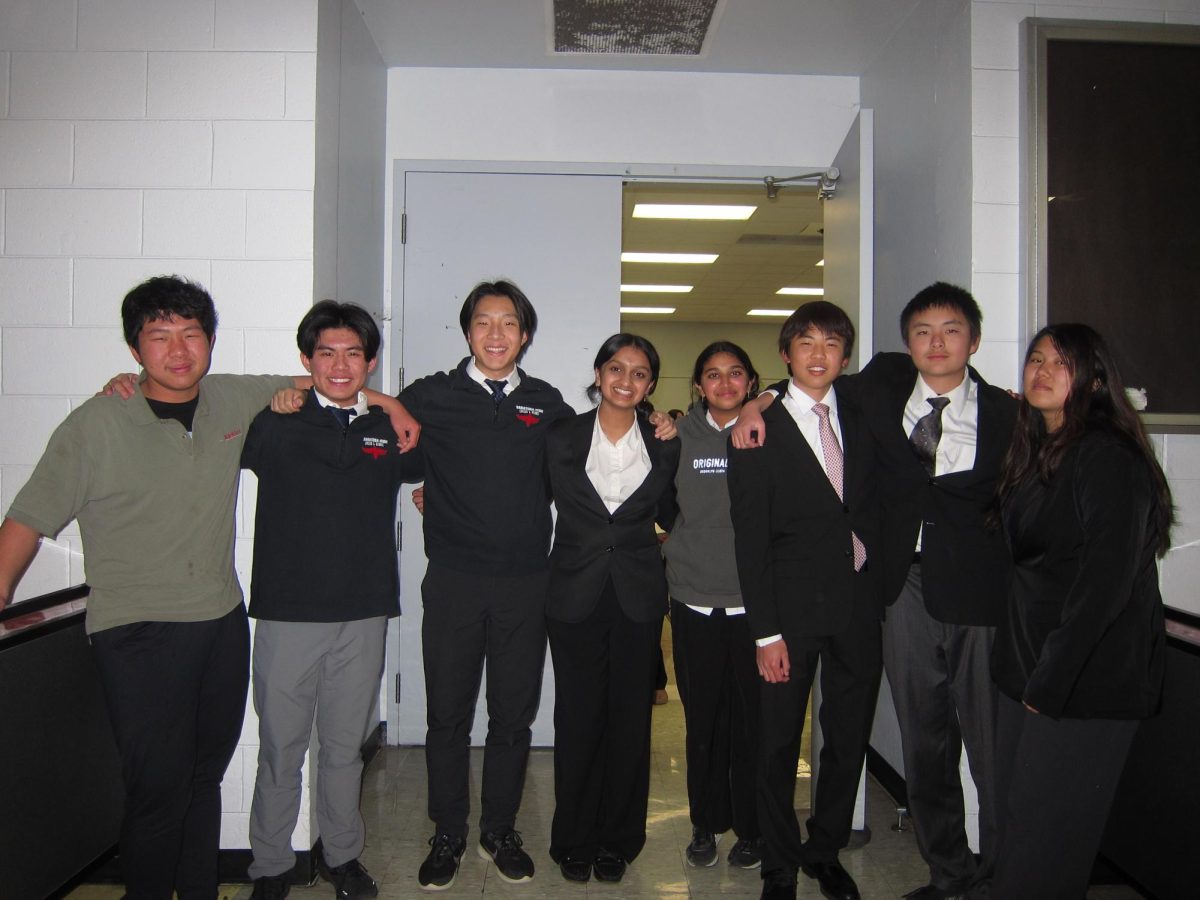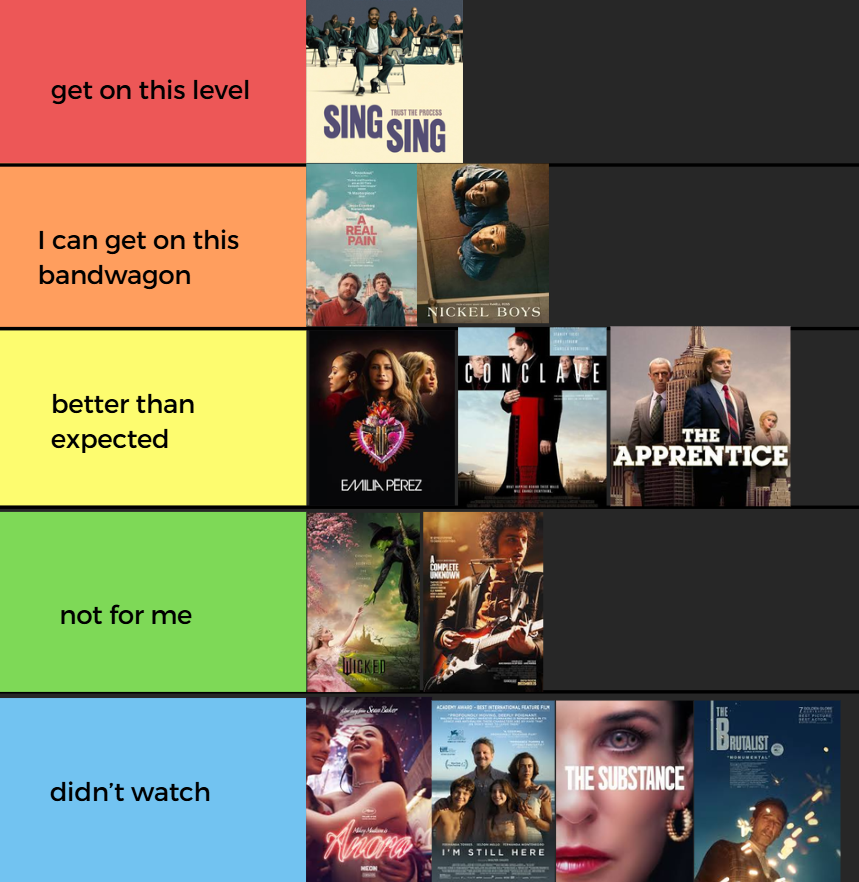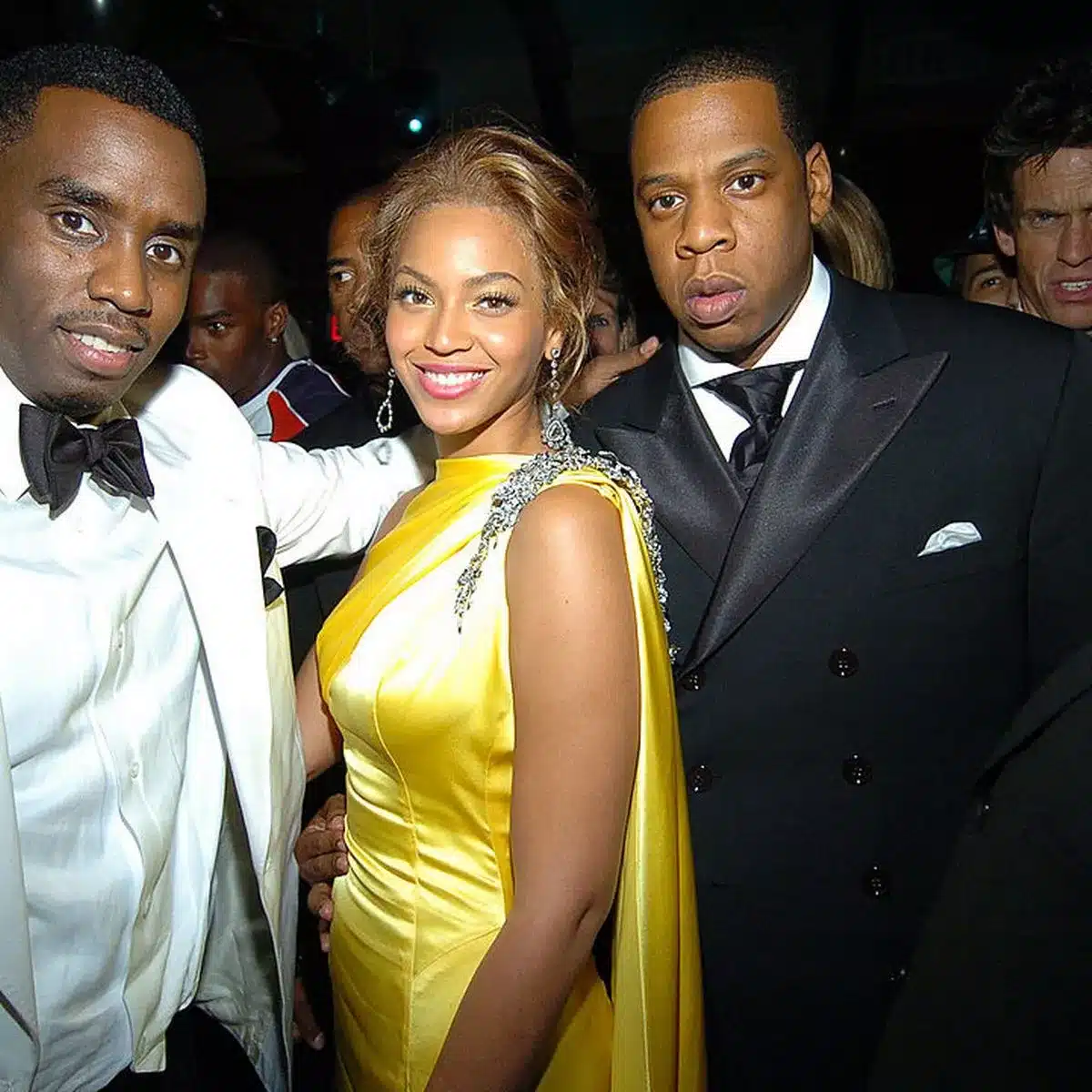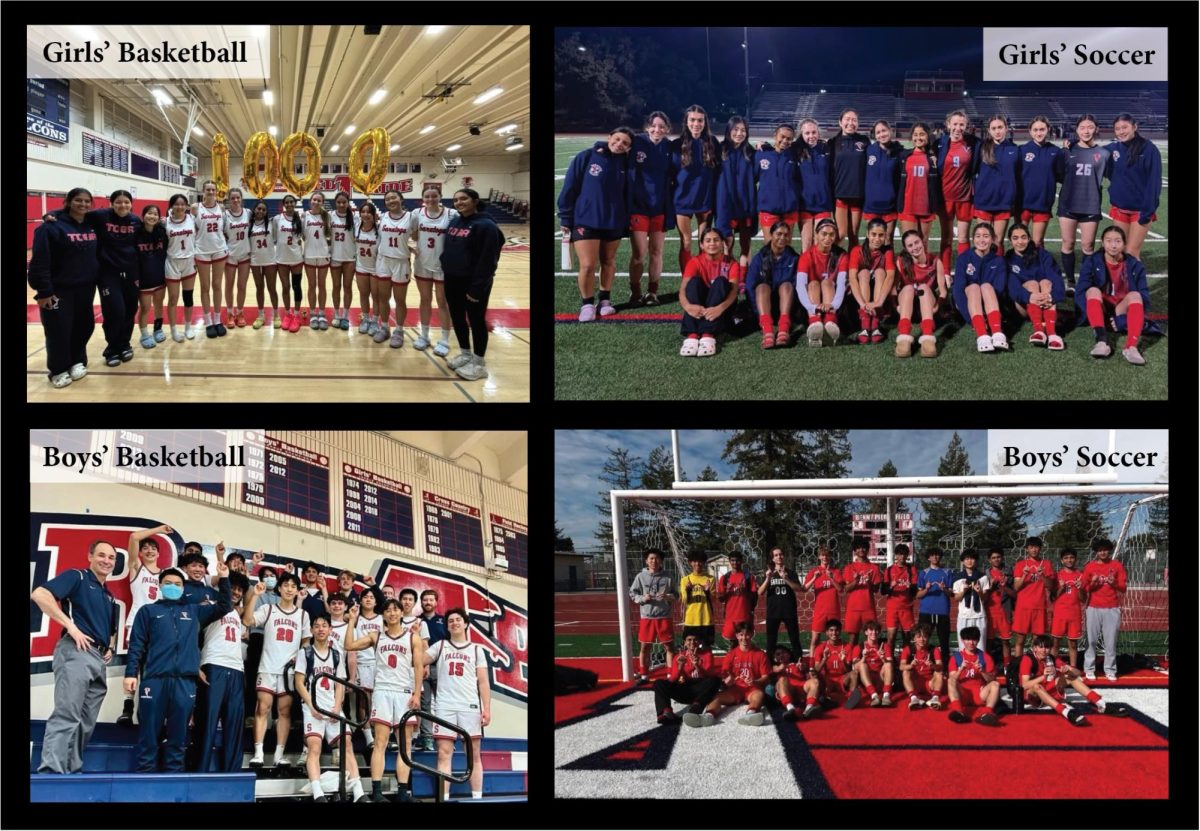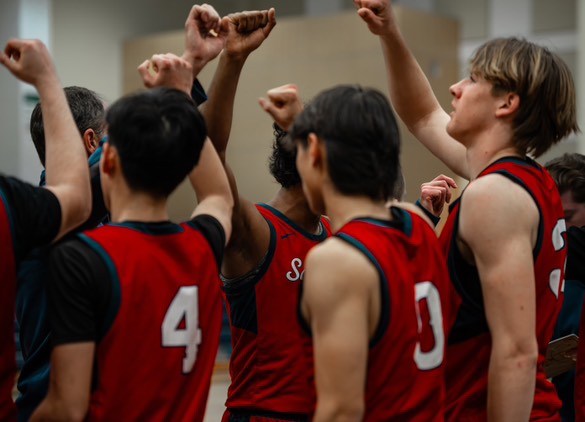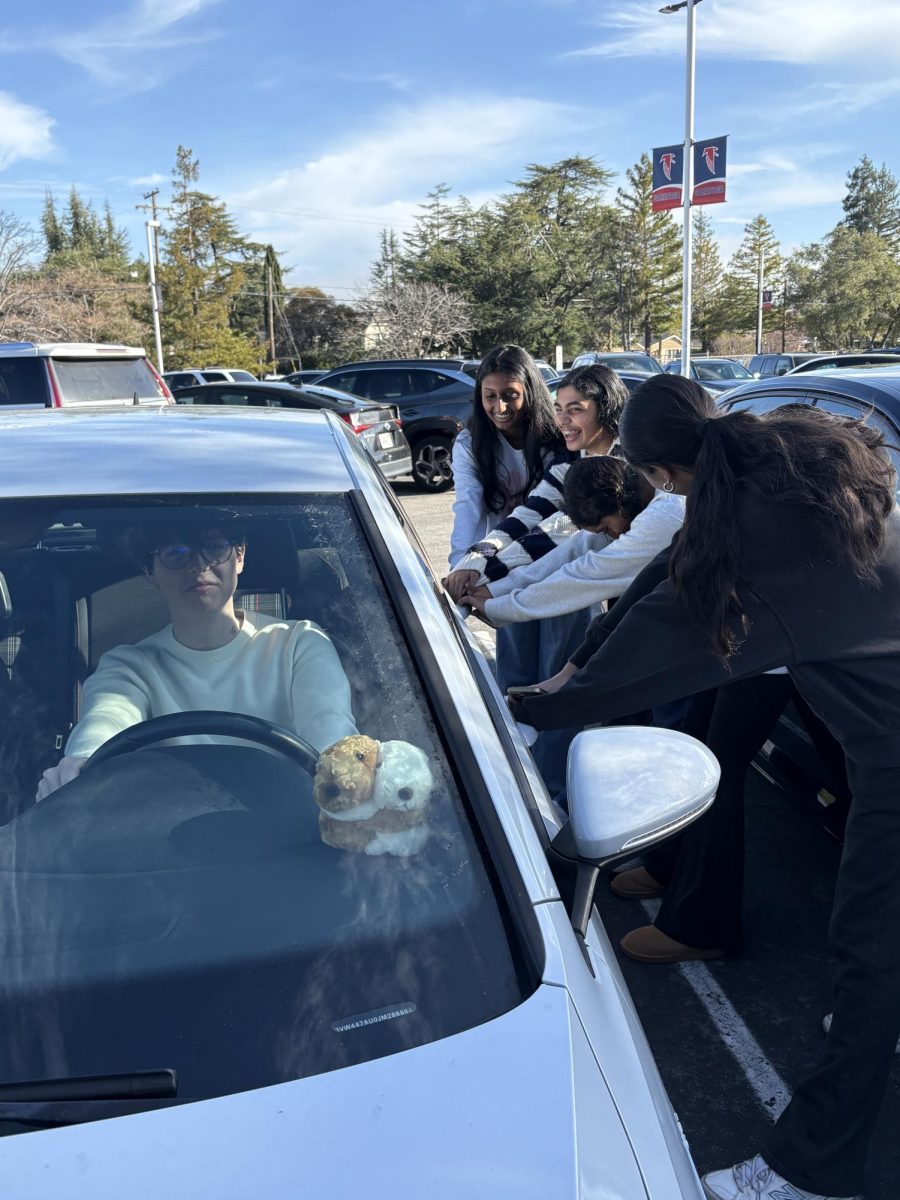Dressed in a traditional Chinese qipao, freshman Selina Chen swayed to freshman Elaine Liu’s singing and closed her eyes as her fingers deftly strummed the guzheng, or Chinese harp, during their Saratoga Idol performance on Nov. 27. To the judges, Chen and Liu’s duet was both compelling, and artistic, and they gave the pair top honors.
But to Chen, her playing mainly aimed to share with the audience one of her largest connections to Chinese culture.
Chen immigrated from China with her family in the sixth grade for better education and air quality. Although she already knew some English and had classmates who spoke Mandarin, she described the change as “a pretty big transition.” It took her a while to behave like an American student rather than a Chinese one.
“In China, students are supposed to stand up straight whenever the teacher calls on them,” she said. “So for a long time, I had the habit of standing up to answer questions. My tablemates had to constantly pull me back to my seat.”
Despite her gradual assimilation into American life, Chen maintained a connection to her culture through the Chinese harp. Although she stopped playing it after leaving China, a conversation with a middle school classmate reignited her passion for Chinese music.
The classmate asked Chen if she played “any actual instruments,” a question that, although innocent, showed Chen how ignorant some people are about traditional Chinese culture. As part of her efforts to raise cultural awareness, Chen organizes recitals at school, Hakone Gardens and California Theatre and even plans to perform at Carnegie Hall next winter.
“I’ve been trying really hard to spread Chinese music because I know it’s a rare thing around Saratoga,” she said. “I want to prove that guzheng is an ‘actual instrument’ and that Chinese culture is just as cool as other cultures.”
On the other hand, some American-born students like sophomore Aaron Wong are more distant from their cultures. Wong used to attend outside Mandarin classes in elementary school, but when those “didn’t go very well,” he quickly forgot everything he learned after quitting. Now, because of difficulty communicating with older family members who are not fluent in English, he wishes he took those classes more seriously as he revisits the language through his current Chinese 2 course at school.
“It’s not as much of an issue with a lack of cultural connection, more of one with not having to take a language class,” he said. “But there are also times when we are visiting family that I wish I could communicate with them better; it’s mostly an issue when communicating with older members of my family.”
But many students like junior Riya Kalra maintain rougher, more complicated connections to their cultures. Growing up in American culture, Kalra shied from embracing her Indian heritage, feeling “embarrassed of [her] family and their customs.” She disliked Indian clothing, and although she learned classical Indian dance at the age of 5, she said she felt that it was “weird” and quit in the sixth grade after she lost interest.
Eventually, family members and peers like Chen, who embraced and celebrated their culture, taught Kalra to accept Indian traditions because she saw that they did not have to reject their culture to achieve their goals in America. Gaining inspiration from these people, she learned that her culture wasn’t something to evade, an understanding reflected in the way Kalra began to enjoy dressing in Indian clothing and attending family parties in her later childhood years.
“I started to take my culture and make it my own,” she said. “I could use as much or as little as I wanted in my identity; I could dress up in Indian clothes sometimes, or listen to Bollywood music.”
Though confident and inspiring elders have played a significant role in Kalra’s accepting her culture, she noticed both her parents and her friends’ parents tend to befriend people of the same culture. While common backgrounds bring people together, she hopes that this unwillingness to open up can change through having parents consider why they shy away from people of other cultures.
“I feel like it’s just a comfort zone issue,” Kalra said. “They grow up in a certain environment with their parents telling them certain things, and it’s hard to change those mindsets and subconscious beliefs.”
But Kalra emphasizes that appreciating the Indian part of her cultural identity does not correlate to patriotism to India and that there are parts of her culture that she dislikes. What bothers her most about her culture is the toxic masculinity and sexism, something Kalra has read and learned about, along with other injustices such as the commonality of rape in India.
Through finding a balance between accepting the questionable parts of her culture and embracing the beautiful parts of it, Kalra believes that the best approach to being culturally sensitive relies on education, which teaches compassion and understanding.
Finding a balance between two cultures is difficult enough, but junior Connor Oaklander, who has parents of two different cultures, juggles three: American, Korean and Swiss. His mother moved to the United States in 2004 after living in Korea for her whole life, while his father is mostly American with strong Swiss roots, the side that Oaklander feels more connected to.
“I lived in Switzerland for a year, so I'd say I'm connected more with the local culture there, [which is] my father's side of the family,” Oaklander said. “I speak more French than I do Korean.”
While living in Switzerland, Oaklander celebrated several local holidays, such as L'Escalade, which is local to Geneva. Celebrated every December, the festival commemorates the Genevans’ defeating an invasion by the Duke of Savoy in 1602. Traditions include parades, large chocolate marmites, pots of hot vegetable soup and road running.
Still, Oaklander tries to stay connected to his Korean roots. He hopes to take a semester of schooling at Yonsei University in Seoul, Korea, and used to go to Korean school when he was in elementary school.
“Korean school got me immersed into the culture and we would celebrate holidays like Chuseok as a family back then,” he said. Chuseok is a harvest festival celebrated in North and South Korea by visiting extended family and feasting.
As he got older, Oaklander even started to immerse themselves in American culture, as they do a Thanksgiving dinner with turkey.
Although it may seem like a lot balance, Oaklander actually enjoys having different identities ingrained into him. “Having multiple cultures feels like there’s different sides to you; like two different worlds,” he said. “But I like being multicultural. I feel like I can fit into a number of different groups and don’t feel restricted by my identity.”
Culture plays a large role in his life, and Oaklander sees the importance in finding a connection to his family’s roots.
“It's part of finding your own identity and knowing who you are, and that's something that is very important for us all,” Oaklander said.

